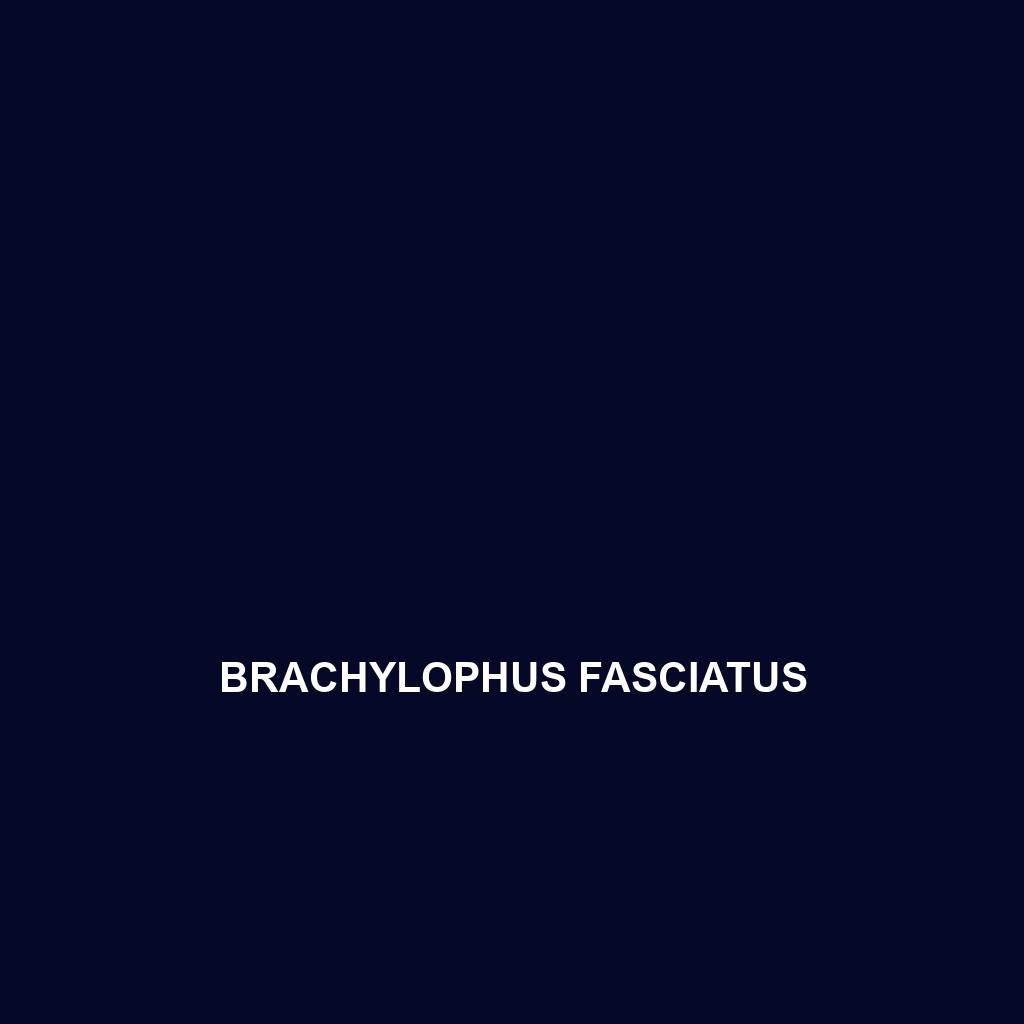Species Description: Brachylophus bulabula
Common Name: Brachylophus bulabula
Scientific Name: Brachylophus bulabula
Habitat
Brachylophus bulabula, commonly known as the Fiji Banded Iguana, is primarily found in the tropical forests and coastal regions of Fiji. This species is predominantly located on the islands of Viti Levu and Vanua Levu. The iguana thrives in humid, subtropical environments, which provide ample vegetation and shelter.
Physical Characteristics
Adult Brachylophus bulabula can reach lengths of up to 60 centimeters (around 24 inches). Characterized by its vibrant green coloration, this iguana exhibits striking blue and yellow bands along its body. The species has a robust body and a distinctive dewlap, which enhances its mating displays. The femoral pores and strong claws are adaptations for climbing, allowing the iguana to navigate its arboreal habitat effectively.
Behavior
Brachylophus bulabula is diurnal, primarily active during daylight hours. These iguanas are known for their territorial behavior, particularly males, who engage in displays of dominance. They are also excellent climbers, often seen basking on branches or consuming leaves from treetops. Their social interactions include vocalizations and head bobbing, which serve as communication methods within their habitats.
Diet
The diet of Brachylophus bulabula primarily consists of flowering plants, fruits, and leaves. These iguanas are herbivorous, feeding on a variety of vegetation, with a particular preference for native Fijian plants like the hibiscus and papaya. Their feeding habits play a crucial role in seed dispersal, promoting plant diversity in their native ecosystem.
Reproduction
During the breeding season, which typically occurs between May and July, female Brachylophus bulabula lays clutches of 2 to 6 eggs, burying them in sandy or loose soil for incubation. Offspring emerge after approximately 90 to 120 days. The young iguanas are independent from birth, and their survival often hinges on environmental conditions and availability of food.
Conservation Status
Brachylophus bulabula is currently classified as Vulnerable by the International Union for Conservation of Nature (IUCN). The primary threats to their population include habitat destruction, invasive species, and the illegal pet trade. Conservation efforts are essential to ensure the survival of this unique iguana.
Interesting Facts
One fascinating fact about Brachylophus bulabula is its reliance on specific plant species in Fiji, making it a critical component of the island’s biodiversity. Additionally, these iguanas can change coloration slightly, aiding their camouflage among the leaves and branches.
Role in Ecosystem
Brachylophus bulabula plays an important ecological role in its habitat as a herbivore, contributing to the balance of plant populations through its feeding habits. As a seed disperser, this iguana aids in the propagation of various plant species, ensuring healthy forest ecosystems in Fiji.
